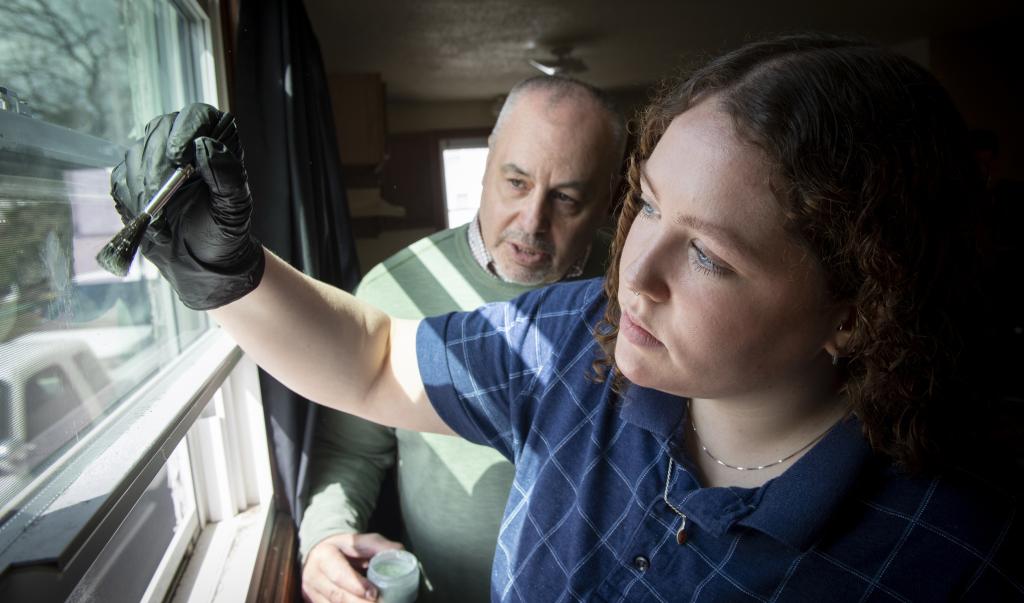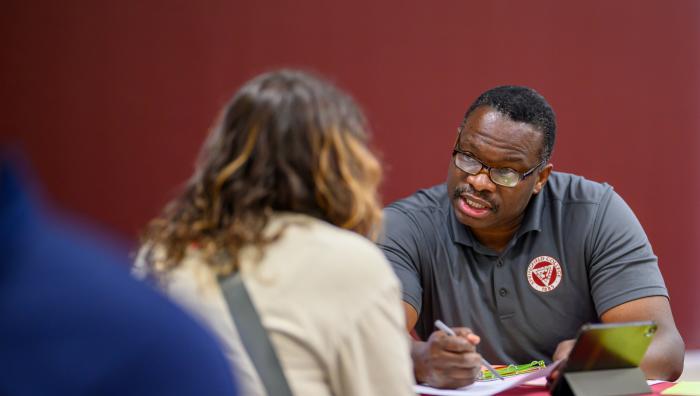Criminal Justice
Bachelor of Science
| About This Program | |
|---|---|
|
Program Contact
Katherine Dugan |
|
|
Review our admissions requirements |
|
Curriculum and Delivery
|
|
| Graduate Success and Careers | |
| Paying for Your Education | |
Interested in Law School?

|
|
|
Upcoming Events
Check back soon for upcoming events! |
|

Investigate Your Future in Law Enforcement.
Take an interdisciplinary approach to studying social, political, and legal systems in the United States and around the world through the Criminal Justice major at Springfield College. You’ll explore critical questions about the legal process, examine the psychology behind why individuals commit crimes, and discuss how governments can balance individual rights with public safety.
Hands-On Experience
Gain real-world insight through internship experiences that connect classroom learning to the field.
Career and Graduate Opportunities
Our graduates are prepared for careers in law enforcement, corrections, community mediation, and local, state, and national government—or to continue on to graduate or law school.
What You’ll Learn
- Critical Thinking and Ethical Decision-Making: Analyze and evaluate contemporary responses to crime and understand how diverse populations are affected by crime control policies.
- Breadth and Depth of Content Knowledge: Develop a strong understanding of the nature and causes of crime, as well as the structure and function of law enforcement, the courts, and corrections.




